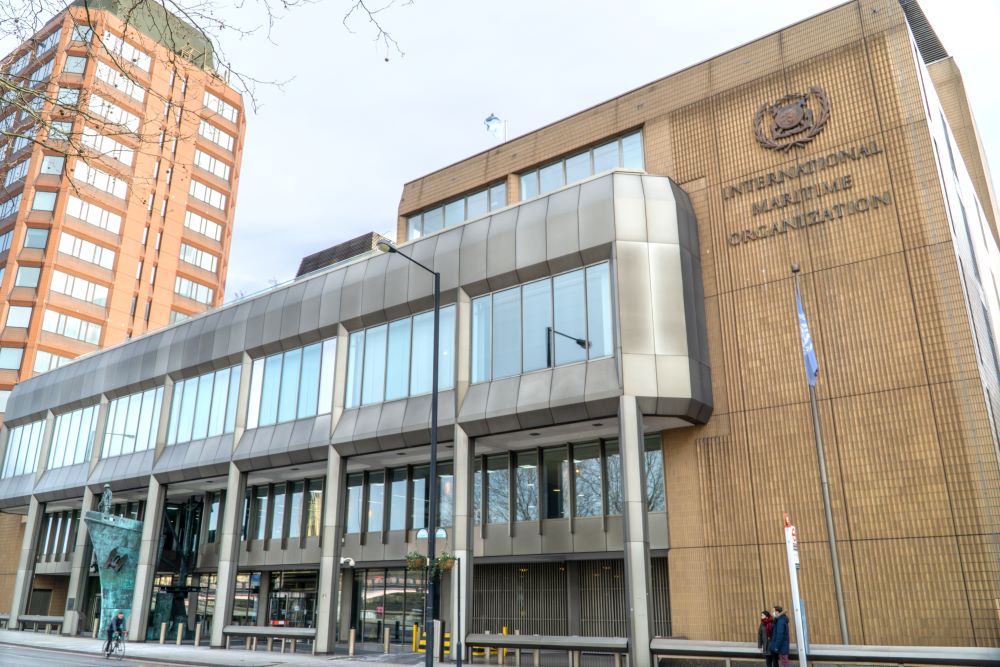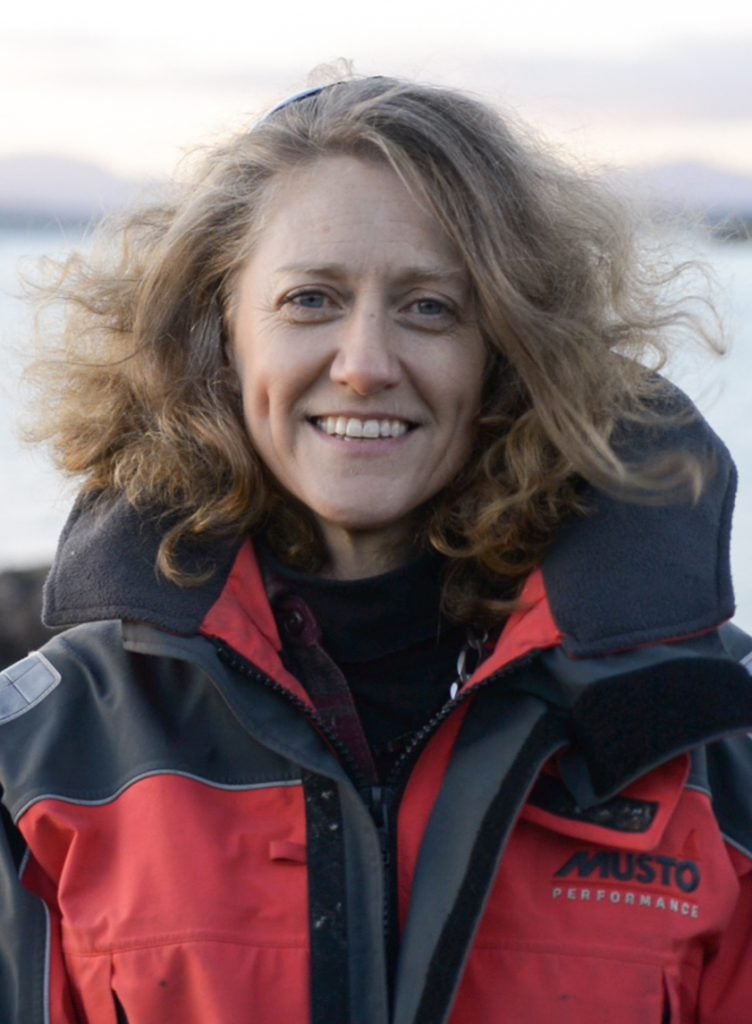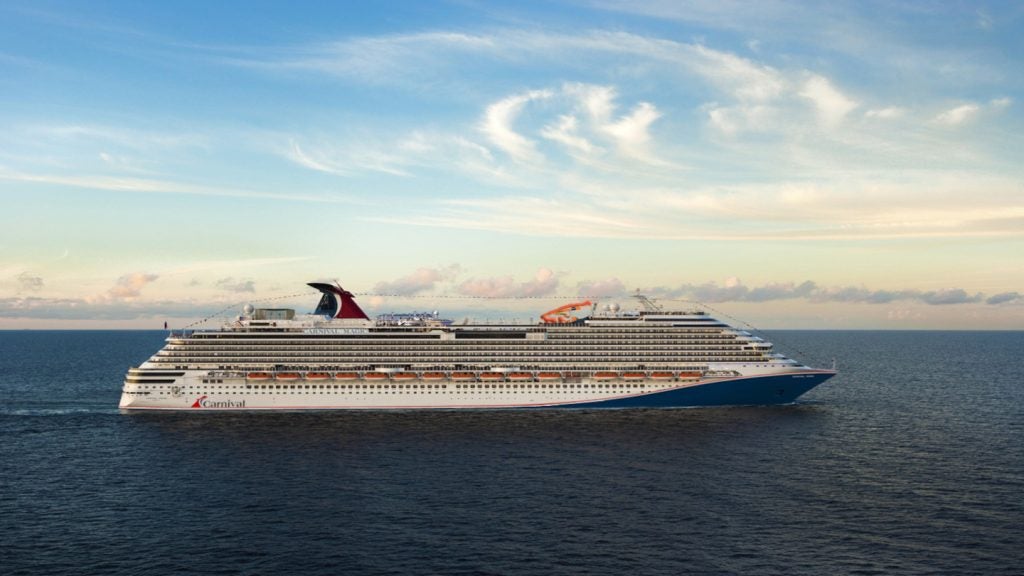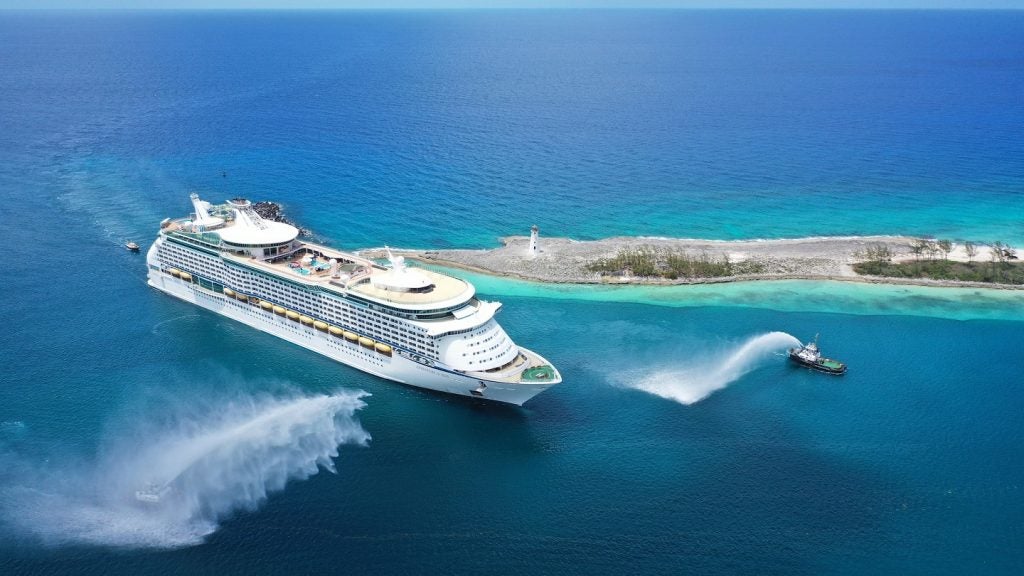
General Secretary of the Zero Emissions Ship Technology Association (ZESTAs) Madadh MacLaine is still on a high from last Friday’s historic agreement at the International Maritime Organisation.
She’s been attending the Marine Environment Protection Committee since 2014, and nine years later she told Ship Technology the MEPC’s agreement on “net zero by close to 2050” was a “huge” moment.
“For me, the idea that we actually got a document that all those [delegates] agreed on is a small miracle,” she said.
On 7 July the IMO and its MEPC voted for a renewed strategy to cut greenhouse gas (GHG) emissions from the shipping industry by 2050 and “a commitment to ensure an uptake of alternative zero and near-zero GHG fuels by 2030.”
While MacLaine understood that some may argue the target isn’t as ambitious as it could be, she has a simple message for critics.
“Let’s not look how far we’ve got to go, let’s really celebrate how far we’ve come,” she told Ship Technology.
How well do you really know your competitors?
Access the most comprehensive Company Profiles on the market, powered by GlobalData. Save hours of research. Gain competitive edge.

Thank you!
Your download email will arrive shortly
Not ready to buy yet? Download a free sample
We are confident about the unique quality of our Company Profiles. However, we want you to make the most beneficial decision for your business, so we offer a free sample that you can download by submitting the below form
By GlobalDataThere are two reasons for that statement; the situation just five years ago and the unanimous agreement on the MEPC80 text.
“We’ve got zero by 2050 in there. And that’s huge,” she MacLaine explained.
“When you sit down and you look at what that actually means, in terms of the impact on vessels on the water? That’s, well, one, it’s a lot of work, but it’s also considerable, it’s considerable emissions reductions.”
MEPC80 also marked a shift in the global understanding and agreement on climate goals.
MacLaine added: “Where we were in 2018, when we first began discussing this… when the US was under the Trump administration, and wasn’t even allowed to mention climate change. We were really fighting against the odds to get, you know, certain countries to even admit that there was an issue that had to be dealt with.”
But there are practical, physical steps to come in the foreseeable future.
“We will revisit the strategy again in five years’ time that so that’s a definite mark in the sand. And, in the meantime, we’re going to get to work in those different committee meetings within the IMO, to turn these vague numbers into numbers you can put into a straight spreadsheet via the instruments,” she said.
The instruments will likely come in the shape of measurable regulations and fines for those who don’t comply.

Despite MacLaine’s positivity, she’s also a realist. She understands why there will be criticism of the IMO.
“It’s not in line with 1.5. It’s because nations will go underwater. And to be honest, I don’t think we can prevent that. Let’s hope that we can. There will be great loss, and our job is to mitigate that loss,” she said.
It’s not something often heard in public conversations. So why is the person who said it still upbeat about our future, as an industry and as a species?
“All we can do is work together, collaborate, keep coming closer and closer together to find those solutions and support each other. I think we’ve got a lot to learn from the South Pacific. They are arm in arm working together as one.
“I think that we need to retain imagination. And realise that there’s so much undiscovered, uninvented that, that we are just beginning to understand energy. And you know, when people say there’s not enough renewable energy or whatever, I ask: “How can you possibly know that?”







